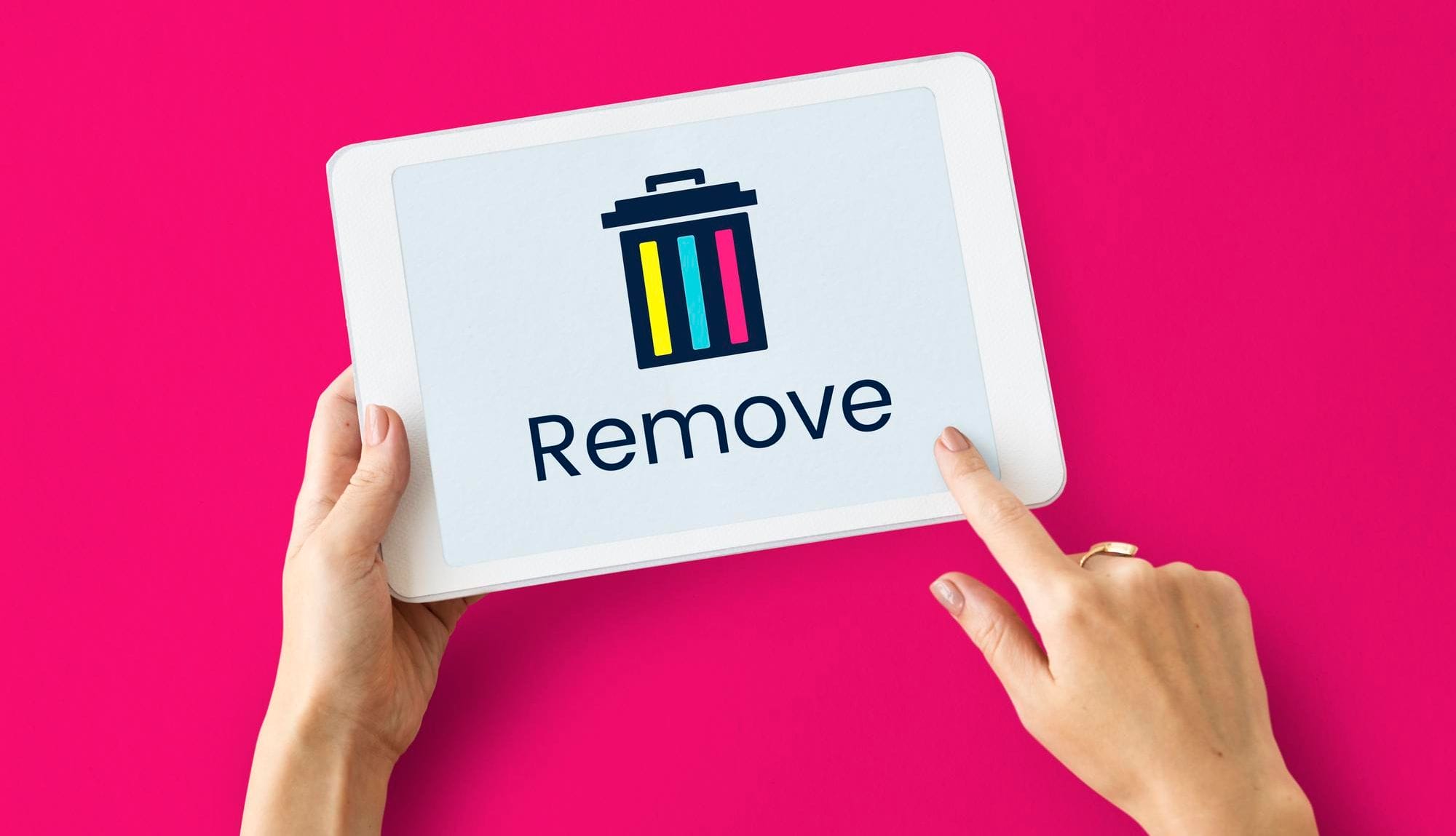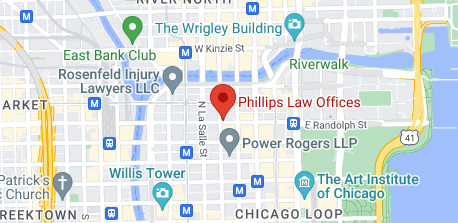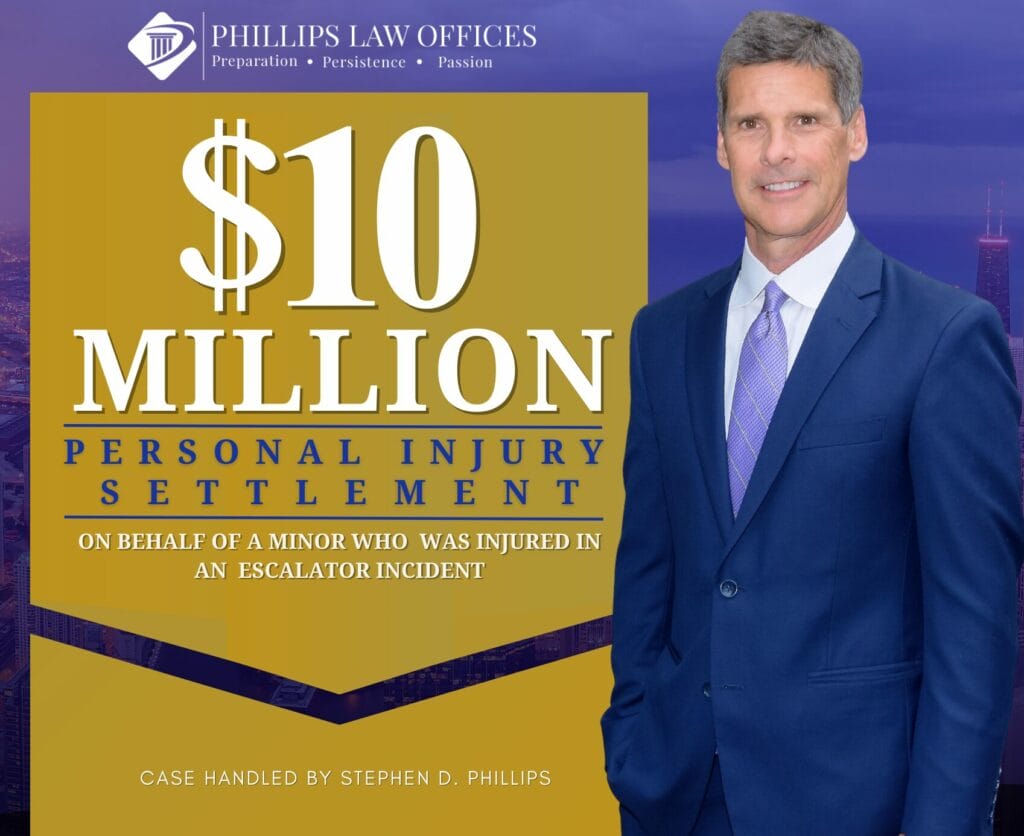Many of us have experienced the urge to vent or share our thoughts in a moment of frustration or excitement. This often leads us to deviate from our usual social media posts, which consist of vacations, cute animals, and funny memes.
Instead, we express our frustrations or share life-changing news, seeking validation and support from our friends and followers. In that moment, we feel acknowledged and relieved as our pent-up emotions find an outlet. However, as time passes, we tend to forget about these posts, while the internet never does.
According to a 2021 study by the Pew Research Center, social media usage is prevalent among adults, with 72% actively using at least one popular platform. The most commonly used platforms are Facebook and YouTube, with 81% and 69% of adult users, respectively. Twitter is less popular, with only 23% of adults using it, while Instagram, Snapchat, and TikTok are more popular among young adults.
Posting about your personal injury case on social media during ongoing legal proceedings can have significant determinants and consequences, as highlighted in the examples you provided. It’s crucial to understand the potential implications of your online activities and how they can be used against you in court.
Here are some key points to consider:
1. Inconsistencies and Contradictions
Any posts or photos that contradict the severity of your claimed injuries can be used to discredit your case. The plaintiffs’ social media activities contradicted the extent of their reported injuries, leading to unfavorable outcomes in their lawsuits.
2. Privacy Expectations
Courts often rule that there is no expectation of privacy associated with social media. This means that if you’re involved in a legal dispute, the opposing party might be able to access your social media content as part of the discovery process of the party claimant. Therefore, it’s important to be mindful of what you share on social platforms, especially during a legal case.
3. Deletion of Social Media Content
Deleting your social media posts or accounts during a legal case can potentially be interpreted as an attempt to conceal evidence or manipulate the truth. It might give the impression that you are trying to hide information that could be detrimental to your case.
This could have serious repercussions and might even lead to allegations of fraud.
To protect your legal interests and avoid jeopardizing your case, it’s advisable to refrain from posting about your case or any related activities on social media.
Consulting with your legal representative regarding your social media activity and understanding the implications of your online presence can help you navigate these challenges more effectively.
What are the possible consequences of sharing thoughts about legal issues on social media, even if specific details are omitted or negative references to insurance companies are not made?
Your actions could potentially hinder the progress of the investigation. If your claim cannot be resolved outside of court and proceeds to trial, both parties will have the opportunity to gather discovery evidence.
The purpose of the discovery process is to gather as much evidence as possible to avoid unexpected revelations during the trial. Following the filing of your claim, the insurance company or other parties involved in the case have the right to examine your social media accounts to undermine your claim.
It has been determined by the courts that social media posts are admissible as discovery evidence. If the other litigants can provide evidence that your posts may hurt your case, a judge may permit them to examine the platforms you use.
You have the option to set your account privacy settings so that only friends and family can view your content, allowing you to share whatever you want on your private page. However, it is permissible for opposing counsel to search for evidence such as photos, contradictory statements, time stamps, and videos that could potentially undermine the credibility of your case.
It is important to exercise caution and be mindful of what you share on social media while awaiting trial or a settlement offer.
The Negative Effects of Posting Accident Information
If you’re involved in a personal injury lawsuit, be careful about what you post on social media. Anything you share could be used against you.
For instance, if you claim to have a severe injury but post a picture of yourself doing something physically demanding, it could be seen as evidence of fraud. Similarly, if you mention the amount of money you expect to receive, it could harm your case.
Even if you settle, there may be restrictions on what you can publicly disclose based on the agreements regarding the compensation law you’ve signed. It’s crucial to exercise extreme caution when it comes to your social media activity.
What you post online can potentially be used as evidence against you and impact the outcome of your case.
Examine these social media posts that were used as evidence to undermine the credibility of a plaintiff’s case:
- The plaintiff in the case of Largent v. Reed sued for personal injury from a motorcycle accident. Largent refused the defendant access to her social media account, citing a right to privacy. However, because evidence showed she used Facebook regularly, she was ordered to provide her Facebook posts and comments as discovery evidence. The court ruled that social media does not come with an expectation of privacy, allowing access to private messages and photos. Largent’s Facebook photos contradicted her claim, showing her participating in athletic activities and daily life.
- A woman from Nevada sued a restaurant for a slip and fall incident, claiming compensation for injuries that required spinal surgery. However, it was discovered that she had previously filed lawsuits for two different slip and fall accidents and a car accident injury. The defendant’s counsel presented evidence from her fitness tracker, which showed that she was highly active despite her claimed traumatic injuries. Her social media posts were used to undermine her claim of bodily injury coverage.
Refrain from deleting anything from social media during your claim. Sharing details about your case on social media could happen spontaneously.
However, deleting your posts or comments may hurt your claim. Even if you delete your profile, your data still exists on the web for a certain period. After 90 days of deleting your account on platforms like Facebook, your account information is gone.
But during those three months, the courts could still obtain a warrant to access your profile.
Snapchat and other social media platforms automatically delete posts, making it harder to retrieve the information.
However, skilled IT specialists can still uncover this data with extensive digging. Deleting your posts may raise suspicions, as defendants may argue that you have something to hide. If your posts contradict your claim, deleting them could be seen as an effort to conceal insurance fraud and additional benefits.
Avoid doing these Things
1. Spontaneous Sharing
Sharing information about your case or personal details on social media can happen spontaneously, but it’s essential to exercise caution. Once something is posted online, it can be challenging to completely erase it, as it may have been seen, shared, or saved by others.
2. Inconsistencies with Claims
If you claim to have a severe injury or disability but then post pictures or comments on social media that suggest otherwise, it can be used to challenge the validity of your claims. Insurance companies and opposing parties may monitor your online presence to find evidence that contradicts your injury claims.
3. Deleting Posts or Comments
Deleting posts or comments may be seen as an attempt to hide information or manipulate evidence. It’s crucial to be cautious about what you post initially and think twice before deleting any content related to your case. Courts or opposing parties may consider this suspicious behavior.
4. Data Retention
Even if you delete your profile on platforms like Facebook, your data may still exist on their servers for a certain period. These platforms often retain data for a specified duration. It’s important to be aware of the platform’s data retention policies.
5. Legal Access
Courts may obtain warrants to access your social media profiles, even after your account has been deleted, within the retention period. This can be used to retrieve information relevant to your case for the claims process.
6. Automatically Deleted Posts
Some platforms, like Snapchat, automatically delete posts, making it harder to retrieve the information. However, as you mentioned, skilled IT specialists may still be able to uncover this data with extensive efforts.
7. Suspicion and Insurance Fraud
If your social media posts contradict the claims you are making in your case, deleting them can raise suspicion. Defendants or opposing parties may argue that you are attempting to conceal evidence of insurance fraud or other wrongdoing. It’s crucial to be honest and consistent in your legal proceedings.
8. Legal Advice
If you are involved in a legal case and have concerns about social media use or evidence, it’s advisable to consult with an attorney who can guide how to handle your online presence in a way that is legally appropriate and protects your interests.
In summary, sharing information on social media can have consequences in a legal context, and it’s essential to be mindful of what you post and how you handle your online presence during a legal case.
Deleting content should be done carefully, and it’s best to seek legal advice if you have concerns about your social media activities affecting your case.
Ways to Avoid your Posts Negatively Impacting your Claim
There are methods to safeguard yourself from being affected by social media posts. By carefully considering whether to share anything and implementing measures to limit your social media activity after filing a claim, you can reduce potential risks:
- Prevent others from tagging you in a photo or post without your permission.
- Restrict access to your posts to only your friend list.
- Be cautious about accepting friend requests or connections from unknown individuals. Some may attempt to gather information about you that could be used in legal proceedings.
- Avoid sharing personal photos of yourself.
- Avoid sharing any information, no matter how vague, about your accident or claim.
- Refrain from allowing friends or family to post about your claim or accident. If you’re involved in a legal matter, consider limiting your social media activity or taking a temporary break from it altogether. This can prevent any unintentional sharing of information that might be used against you.
- It is advised not to respond to friend requests or messages from strangers.
- Review and adjust your privacy settings to limit the visibility of your posts.
- Make sure that only trusted friends and family can view your updates, photos, and personal information.
- Please have your attorney review your accounts. If you’re unsure about what you should or shouldn’t post on social media during a legal claim, consult with your legal representative. they can provide you with specific guidance based on the details of your case.
Get in Touch with Phillips Law Offices
In the aftermath of an accident, your actions can significantly impact your legal claims and recovery. Discover the vital reasons why you should refrain from posting on social media after an incident. To safeguard your rights and ensure you receive the compensation you deserve, it’s crucial to get in touch with Phillips Law Offices today.
Our experienced team is here to guide you through the process and protect your best interests. Don’t jeopardize your case – reach out to us for expert legal assistance.








